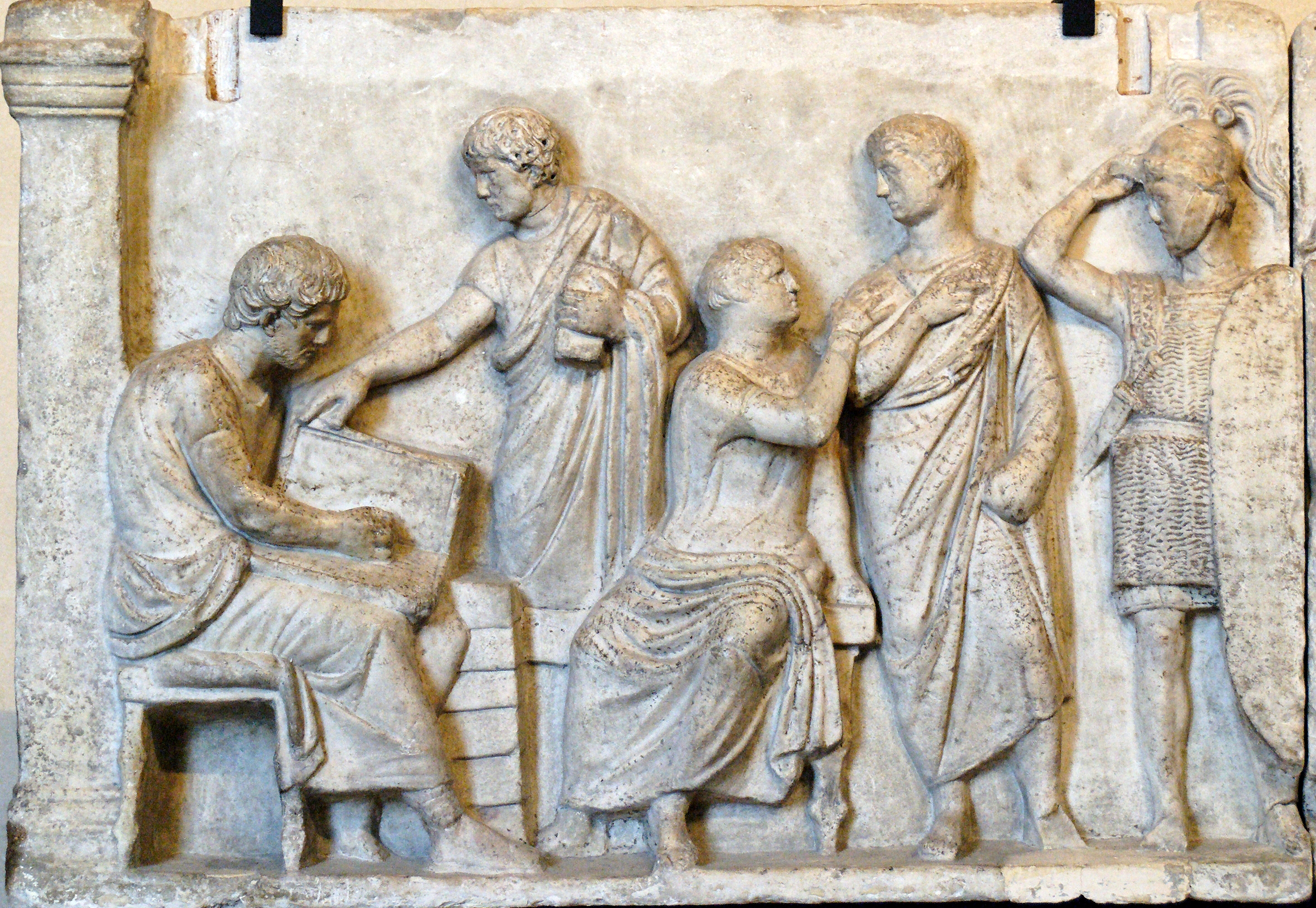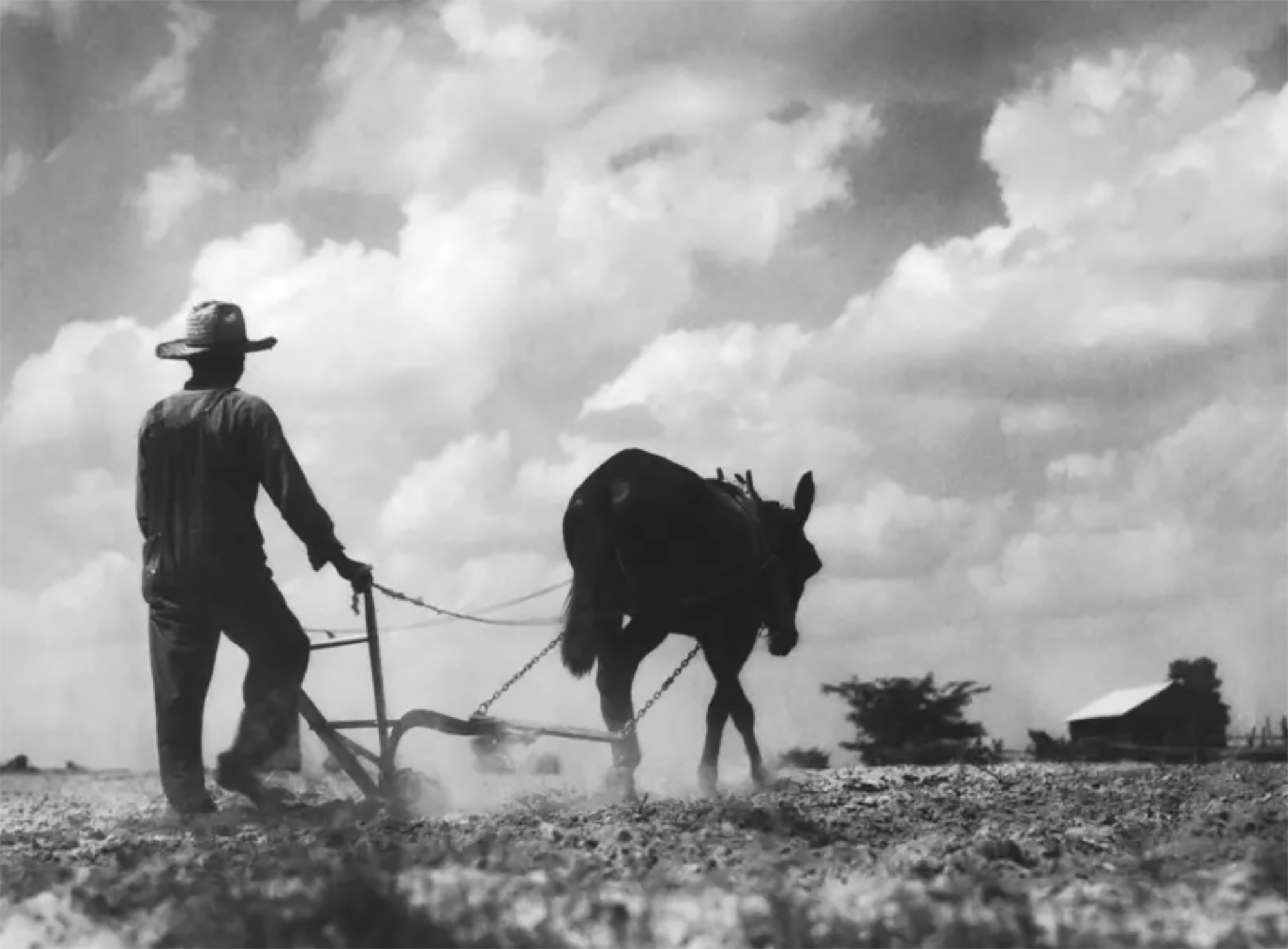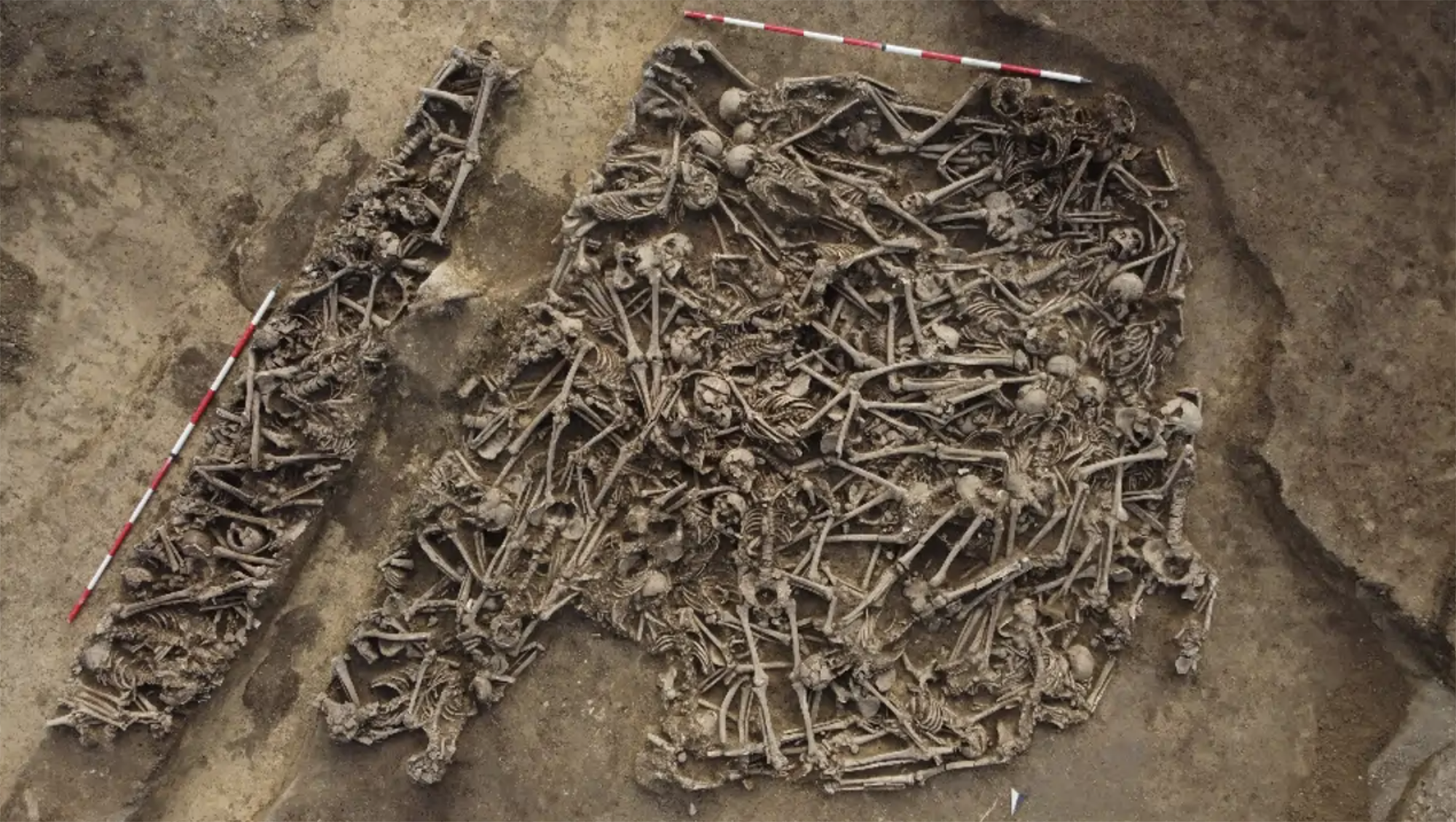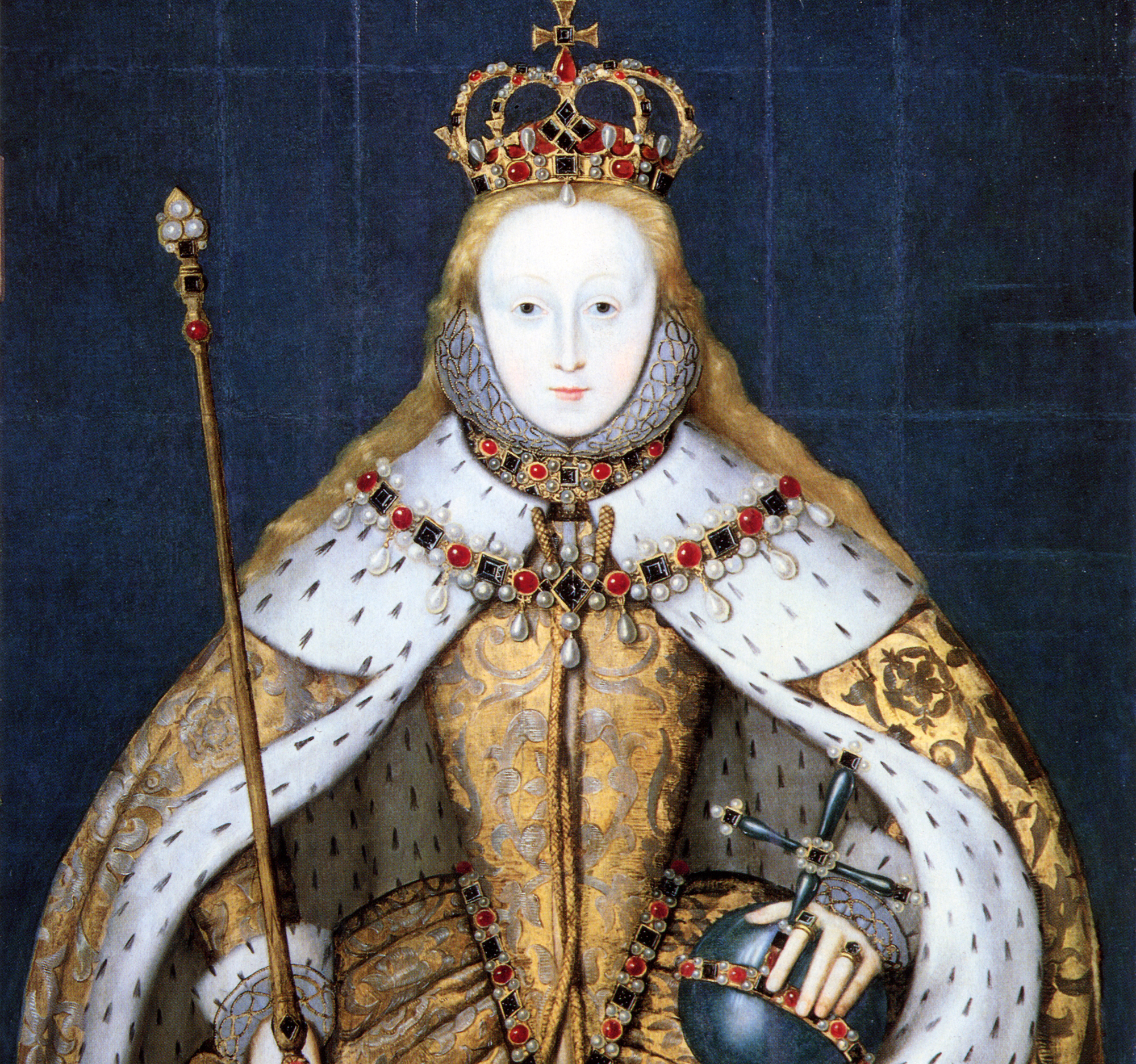Registered in the census

Rome, a.C. 443. Censors were elected for the first time. Two centuries later it would be the most important magistrature of the Republic. Every five years, they chose two censors among consular senators.
It was a position of great responsibility: they were primarily responsible for the census of citizens and hence their name, but also some aspects of public finances, including the determination of public works that the Republic would pay in the next five years. In addition, the recognition of public morality was their responsibility and often also included in the private sphere.
Therefore, if a Roman acted inappropriately or opposed the Roman tradition and good customs, the censors marked in the census the error made, that is, "censored". The reasons why someone was marked on the census were very diverse: not respecting marriage, excessive luxury, non-compliance with personal responsibilities, cruelty with slaves… In the case of Equites or knights, for example, poor care of the horse caused it to be marked on the census.
If a Roman acted inappropriately or opposed Roman tradition and good customs, the censors marked in the census the error made next to his name, that is, "censored"
Beyond the census, the violation of the narrow Roman morality implied other consequences: exile, loss of social status… In the case of Equites, the penalty was confiscation of the horse, which was ultimately publicly funded by the Republic.
However, those who corrected the wrong behaviors could also get forgiveness and erase the annotations they had on the record. They literally stopped being marked.
d. C. In the year 22, with the end of the Republic and the establishment of the Empire, Emperor Augustus assumed the functions of the censor, officially eliminating censorship as a magistrature. But the concept of censorship was gaining its current meaning and continued (and strongly) to this day.
Washington, D.C., June 17, 1930. The U.S. Congress passed the Tariff Act. It is also known as the Smoot-Hawley Act because it was promoted by Senator Reed Smoot and Representative Willis Hawley.
The law raised import tax limits for about 900 products by 40% to 60% in order to... [+]
During the renovation of a sports field in the Simmering district of Vienna, a mass grave with 150 bodies was discovered in October 2024. They conclude that they were Roman legionnaires and A.D. They died around 100 years ago. Or rather, they were killed.
The bodies were buried... [+]
Until now we have believed that those in charge of copying books during the Middle Ages and before the printing press was opened were men, specifically monks of monasteries.
But a group of researchers from the University of Bergen, Norway, concludes that women also worked as... [+]
Florentzia, 1886. Carlo Collodi Le avventure de Pinocchio eleberri ezagunaren egileak zera idatzi zuen pizzari buruz: “Labean txigortutako ogi orea, gainean eskura dagoen edozer gauzaz egindako saltsa duena”. Pizza hark “zikinkeria konplexu tankera” zuela... [+]
Linear A is a Minoan script used 4,800-4,500 years ago. Recently, in the famous Knossos Palace in Crete, a special ivory object has been discovered, which was probably used as a ceremonial scepter. The object has two inscriptions; one on the handle is shorter and, like most of... [+]
Londres, 1944. Dorothy izeneko emakume bati argazkiak atera zizkioten Waterloo zubian soldatze lanak egiten ari zela. Dorothyri buruz izena beste daturik ez daukagu, baina duela hamar urte arte hori ere ez genekien. Argazki sorta 2015ean topatu zuen Christine Wall... [+]
Bilbo, 1954. Hiriko Alfer eta Gaizkileen Auzitegia homosexualen aurka jazartzen hasi zen, erregimen frankistak izen bereko legea (Ley de Vagos y Maleantes, 1933) espresuki horretarako egokitu ondoren. Frankismoak homosexualen aurka egiten zuen lehenago ere, eta 1970ean legea... [+]
Eskultura grekoerromatarrek bere garaian zuten itxurak ez du zerikusirik gaurkoarekin. Erabilitako materiala ez zuten bistan uzten. Orain badakigu kolore biziz margotzen zituztela eta jantziak eta apaingarriak ere eransten zizkietela. Bada, Cecilie Brøns Harvard... [+]
Japonia, XV. mendea. Espioitzan eta hilketa ezkutuetan espezializatutako eliteko talde militarra sortu zen. Edo horixe uste du behintzat Stephen Turnbull historialari britainiarrak. Beste aditu batzuen ustez, askoz lehenago sortu ziren ninjak, duela 2.300-2.500 urte inguru. Eta... [+]
Chão de Lamas-eko zilarrezko objektu sorta 1913an topatu zuten Coimbran (Portugal). Objektu horien artean zeltiar jatorriko zilarrezko bi ilargi zeuden. Bi ilargiak apaingarri hutsak zirela uste izan dute orain arte. Baina, berriki, adituek ilargietan egin zituzten motibo... [+]
Hertfordshire (Ingalaterra), 1543. Henrike VIII.a erregearen eta Ana Bolenaren alaba Elisabet hil omen zen Hatfield jauregian, 10 urte besterik ez zituela, sukarrak jota hainbat aste eman ondoren. Kat Ashley eta Thomas Parry zaintzaileek, izututa, irtenbide bitxia topatu omen... [+]
Luxorren, Erregeen Haranetik gertu, hilobi garrantzitsu baten sarrera eta pasabide nagusia aurkitu zituzten 2022an. Orain, alabastrozko objektu batean Tutmosis II.aren kartutxoa topatu dute (irudian). Horrek esan nahi du hilobi hori XVIII. dinastiako faraoiarena... [+]
AEB, 1900eko azaroaren 6a. William McKinley (1843-1901) bigarrenez aukeratu zuten AEBetako presidente. Berriki, Donald Trump ere bigarrenez presidente aukeratu ondoren, McKinleyrekiko miresmen garbia agertu du.
Horregatik, AEBetako mendirik altuenari ofizialki berriro... [+]
Urruña, 1750eko martxoaren 1a. Herriko hainbat emakumek kaleak hartu zituzten Frantziako Gobernuak ezarritako tabakoaren gaineko zergaren aurka protesta egiteko. Gobernuak matxinada itzaltzeko armada bidaltzea erabaki zuen, zehazki, Arloneko destakamentu bat. Militarrek... [+]
In the Maszycka cave in Poland, remains of 18,000 years ago were found at the end of the 19th century. But recently, human bones have been studied using new technologies and found clear signs of cannibalism.
This is not the first time that a study has reached this conclusion,... [+]

























